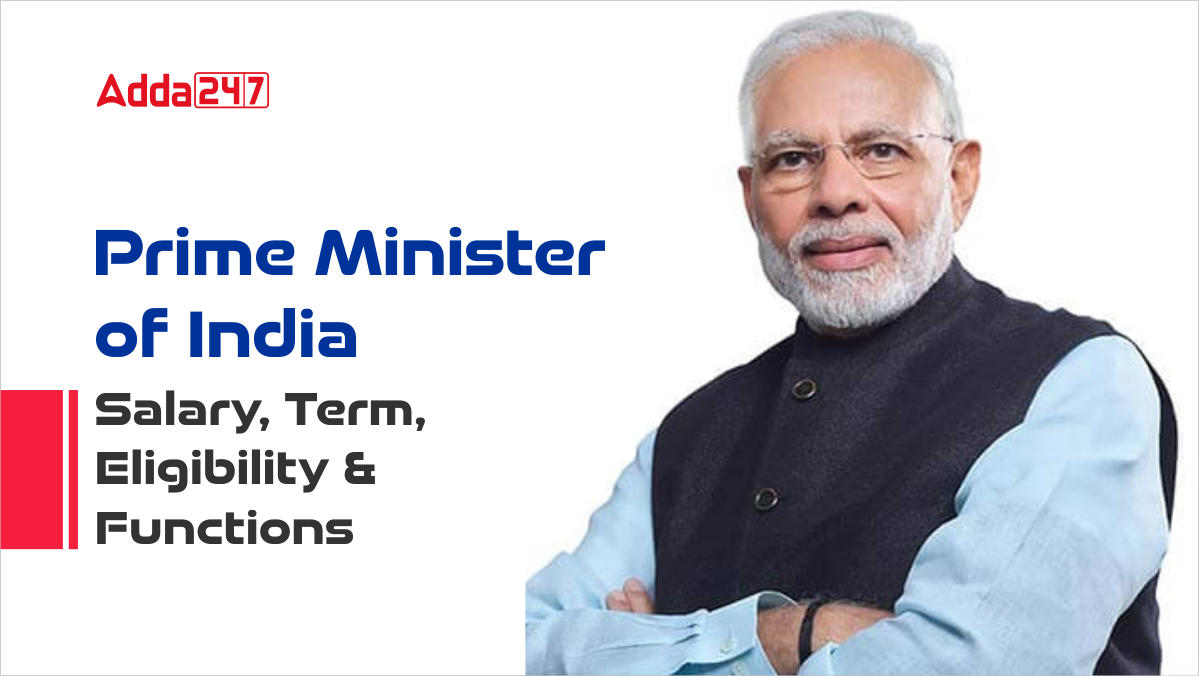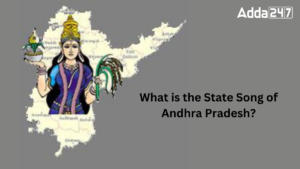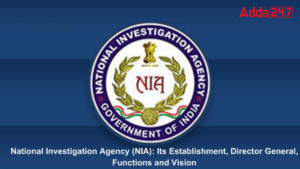The Prime Minister of India holds a prestigious and powerful position in the country’s government. This constitutional post plays a pivotal role in shaping the nation’s policies, managing the economy and leading foreign relations. In this article, we will explore the appointment process, oath of office, term and salary of Prime Minister of India, shedding light on the intricacies of this vital role.
Salary of Prime Minister of India
The Prime Minister of India receives an annual salary of 19,20,000 INR, with a monthly salary of 1,60,000 INR. This salary includes a base pay of 50,000 INR, along with sumptuary, MP and daily allowances of 6,000 INR and 3,000 INR, respectively. A 30% pay cut from the basic salary per month is transferred to consolidated funds, including PF, pension and insurance.
Appointment of Prime Minister of India
The Prime Minister of India is chosen through a multi-step process. After general elections, the leader of the party or coalition with a majority in the Lok Sabha is invited by the President to become the Prime Minister. If no clear majority exists, the largest party or coalition leader is invited to form the government and prove their majority in a confidence vote. The Prime Minister appoints Cabinet members and plays a central role in governing and setting policies.
Oath of Prime Minister of India
Upon appointment, the Prime Minister of India takes the oath of office, as specified in the Third Schedule of the Constitution of India. This solemn oath is administered by the President of India or a person appointed by the President. The oath includes a commitment to uphold the Constitution of India, maintain the sovereignty and integrity of the country and conscientiously discharge duties without fear or favor.
Term of Prime Minister of India
India’s Prime Minister does not have a constitutionally fixed term and relies on prevailing political circumstances. They serve at the President’s pleasure and retain office with Lok Sabha’s majority support. Typically, their term coincides with the Lok Sabha’s five-year tenure, but it can be shorter or longer due to factors like a hung parliament or loss of majority support. The Prime Minister can also resign by submitting their resignation to the President.
Roles and Responsibilities of the Prime Minister of India
- The Prime Minister heads the Cabinet, where critical decisions regarding the nation’s policies and governance are made.
- The Prime Minister serves as the chief advisor to the President of India on various matters.
- As the leader of the Lok Sabha, the Prime Minister manages the House’s proceedings and ensures its smooth functioning.
- The Prime Minister leads the National Security Council, which advises the government on matters concerning national security.
- The Prime Minister represents India in international forums and meetings, actively forging and maintaining relationships with other countries.
- The Prime Minister is responsible for developing and implementing economic policies aimed at promoting growth and development in the country.
- In times of crisis, such as natural disasters, social unrest or terrorist attacks, the Prime Minster plays a pivotal role in managing and making quick decisions to address these challenges.
- The Prime Minister possesses the authority to appoint key officials, including ministers, ambassadors and heads of various government departments.
- The Prime Minister determines the legislative agenda and ensures the passage of significant bills and laws through Parliament.
Eligibility to Become the Prime Minister of India
To become the Prime Minister of India, certain eligibility criteria must be met, as outlined in Article 84 of the Indian Constitution:
- The candidate must be an Indian citizen.
- The individual must have attained the age of 25 years to be eligible for the Lok Sabha and 30 years for the Rajya Years.
- One should not hold any office position in the central or state government or in any local body controlled by the state or central government.
- The candidate must be a member of either the Lok Sabha or the Rajya Sabha. If not, they must become a member of either house within six months of assuming office as Prime Minister.
Skills of the Prime Minister of India
- Strong leadership skills are essential to inspire and motivate people and lead the country towards progress.
- A deep understanding of the political landscape and the ability to navigate complex political dynamics is crucial.
- The Prime Minister must think strategically and make informed decisions with long-lasting impacts.
- Effective communication with citizens, the media and world leaders is vital.
- Maintaining positive international relationships and representing India effectively on the global stage requires strong diplomatic skills.
- The ability to manage crises effectively and make quick decisions in emergencies is crucial.
- Understanding economic policies and their impact on the country’s growth and development is necessary.
- Building relationships with people from all walks of life and fostering a sense of unity among citizens is essential.
- A sound understanding of the Indian Constitution, laws and governance structures is vital.
Find More General Studies News Here



 Who is the Inventor of the Gramophone?
Who is the Inventor of the Gramophone?
 What is the State Song of Andhra Pradesh...
What is the State Song of Andhra Pradesh...
 National Investigation Agency (NIA): Its...
National Investigation Agency (NIA): Its...
